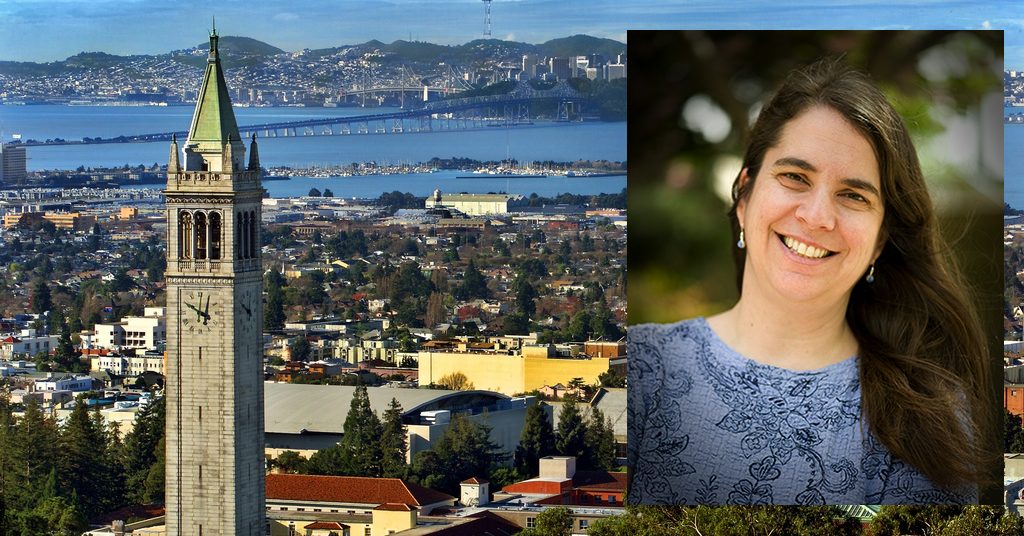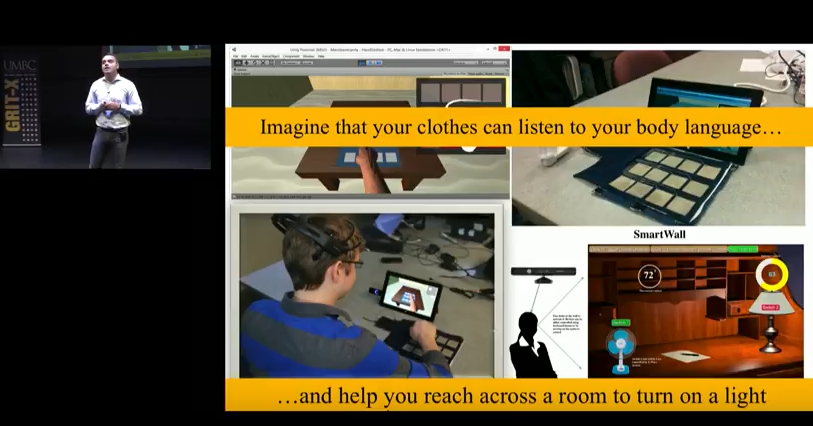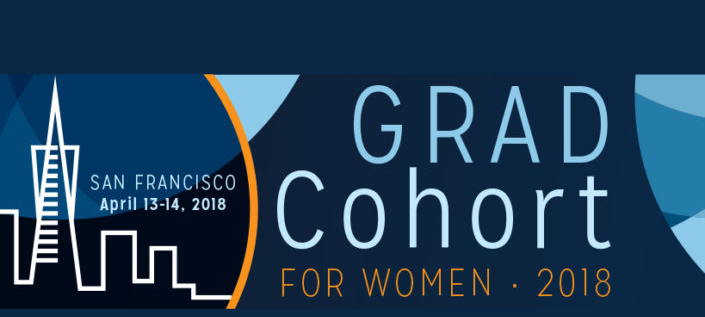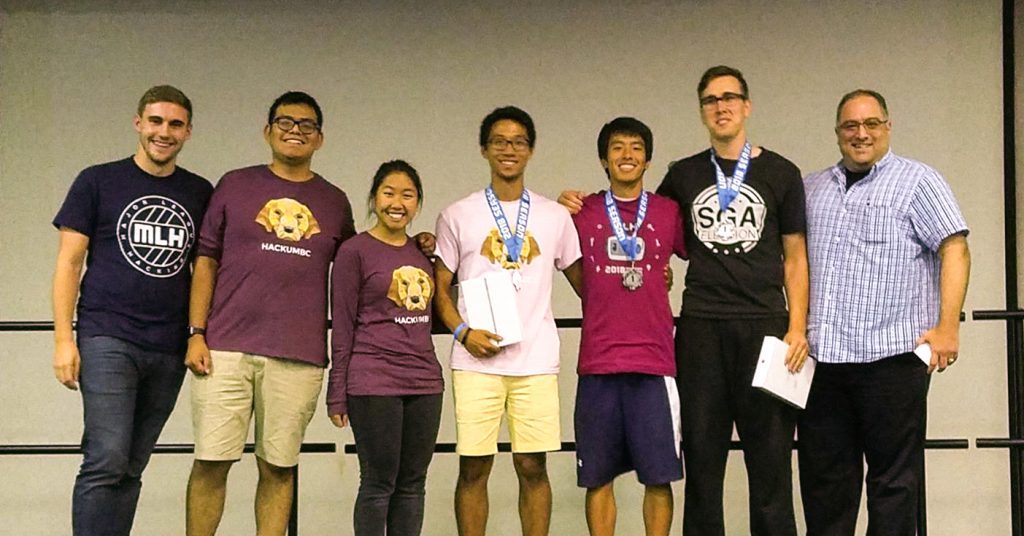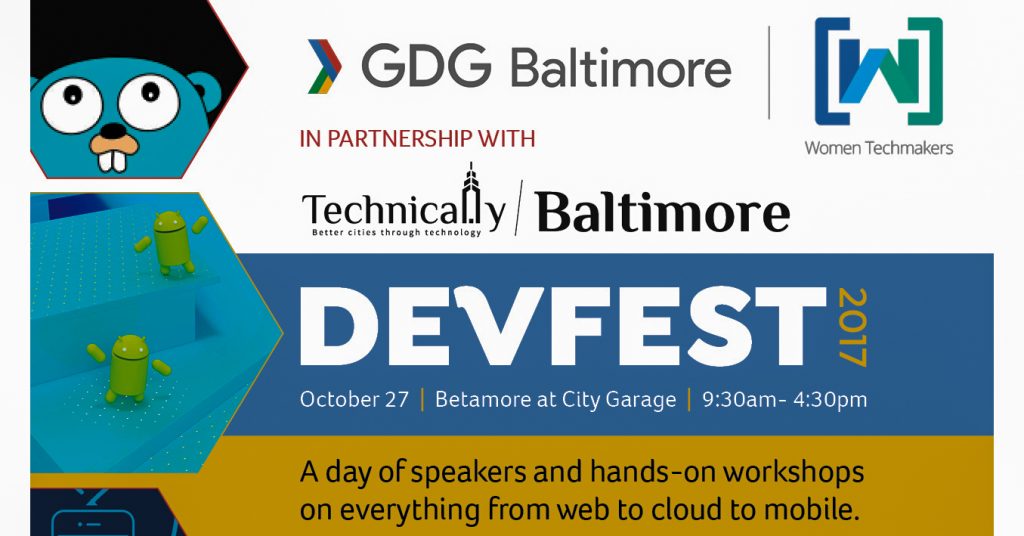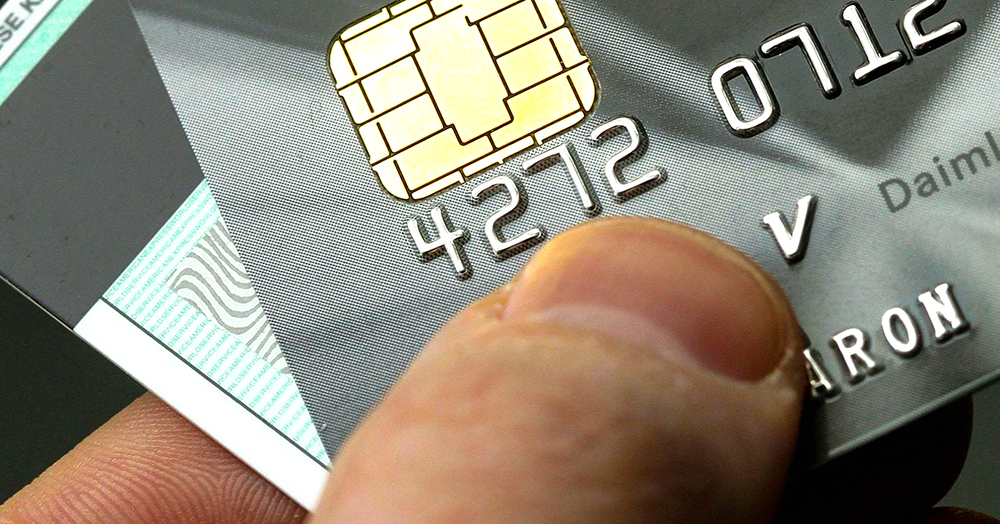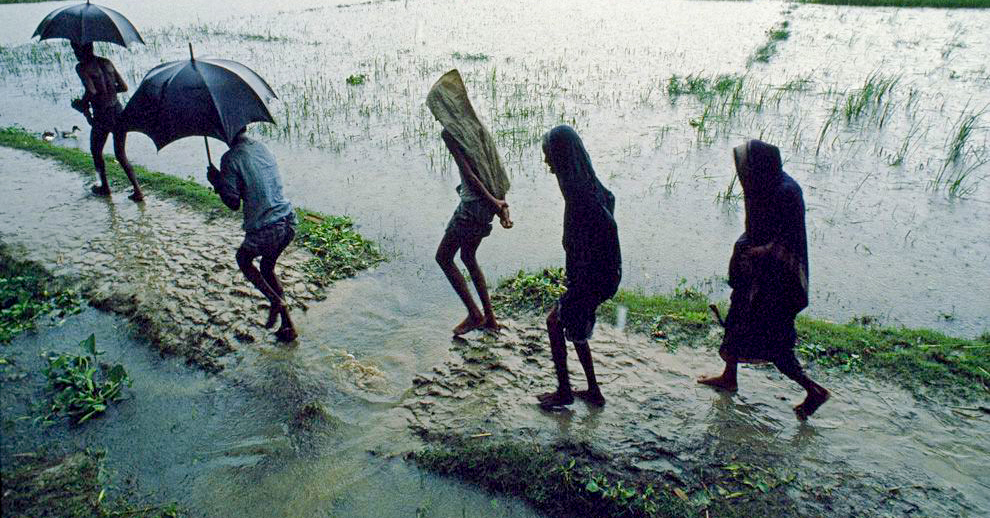
Open House: UMBC Graduate Professional Programs
The Fall Open House for UMBC Professional Programs, including the graduate programs on Cybersecurity and Data Science, takes place this coming Wednesday evening, 25 October 2017, at BWTECH South (map) from 6:00-7:30pm.
Students interested in pursuing such programs (MPS degrees and/or certificates) or just to learn more about the field are encouraged to register and attend. Current students interested in pursuing a BS/MPS option for selected programs (such as Cybersecurity or Data Science) are especially welcome.
Attendees who apply to start in Spring 18 will have their UMBC application fee waived.
The programs represented include:
- Cybersecurity
- Data Science
- Engineering Management
- Systems Engineering
- Health Information Technology
- Instructional Systems Development
Program directors for these programs will present in individual breakout sessions and relevant support staff from DPS, the UMBC Graduate School, Veterans Affairs, etc. will be on-hand to provide administrative overviews, answer questions, and mingle. Refreshments will be provided.
for more information, directions and to register, see here.
